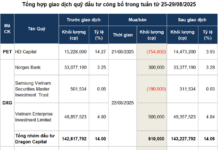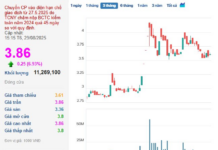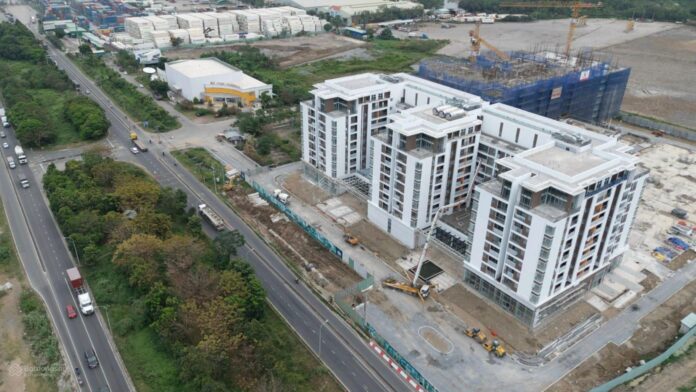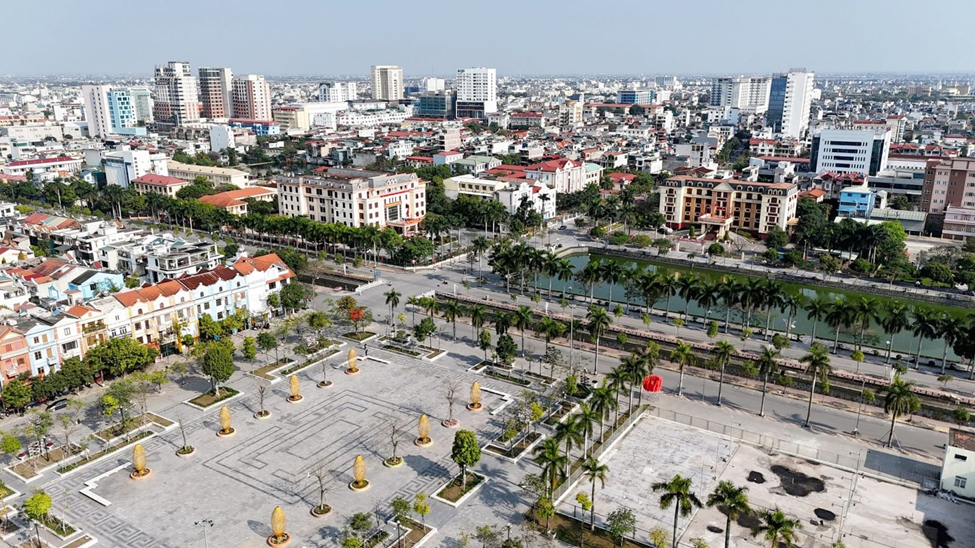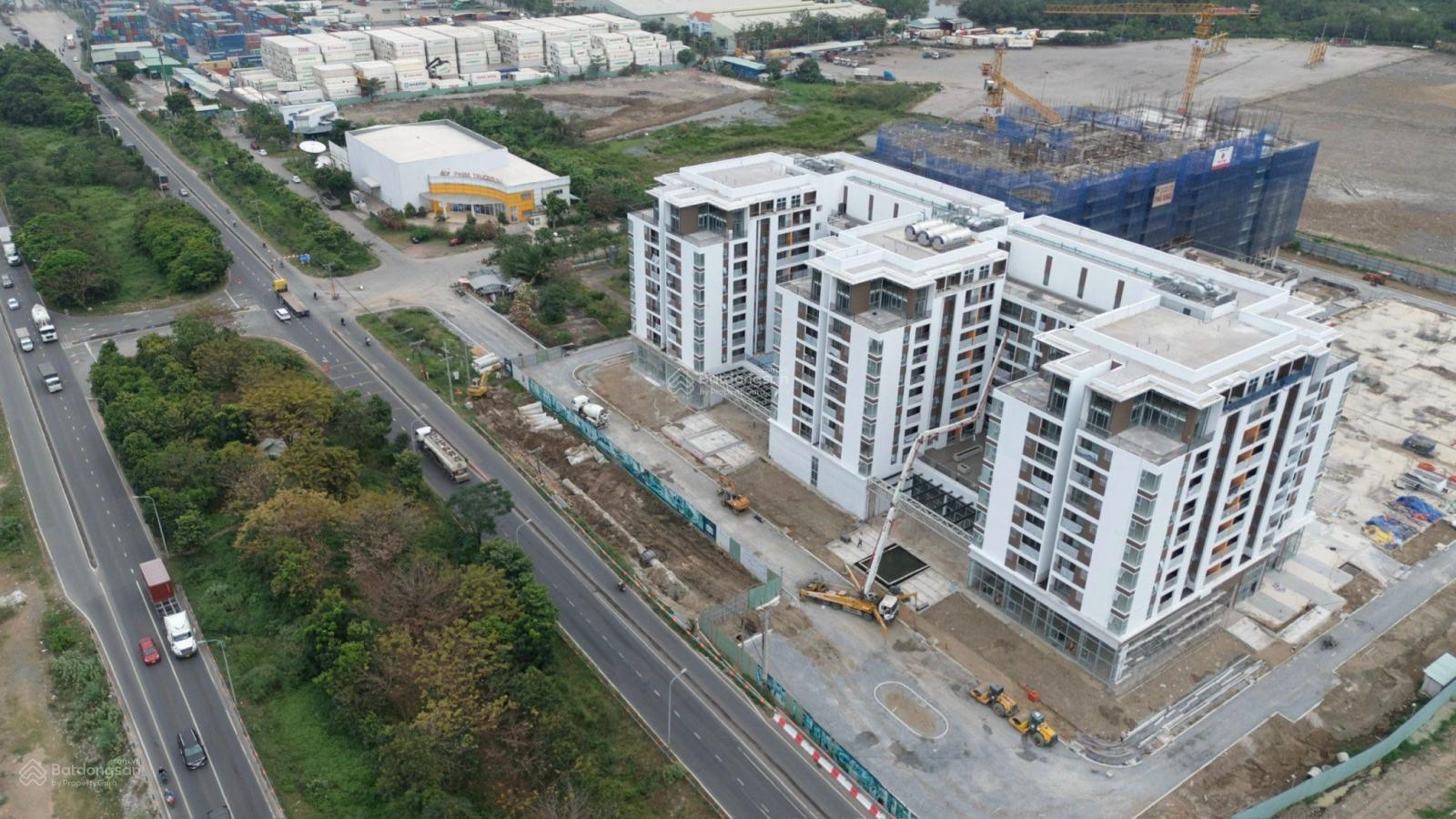
According to the Ministry of Construction, as of 2023, the demand for social housing across Vietnam reached approximately 1 million apartments. Hanoi and Ho Chi Minh City alone account for an estimated demand of over 200,000 apartments each.
At the regular press conference held on August 5, the Ministry of Construction announced that the Prime Minister had approved the State Bank’s proposal to reduce interest rates by 3-5% for customers purchasing social housing. This policy extends the loan tenure to 10-15 years with preferential interest rates, targeting low-income individuals and workers in industrial zones.
This move is seen as a new opportunity for those aspiring to own a home, especially given the challenges in accessing affordable financing options despite the introduction of various supportive policies in the past.
Challenges in Accessing Preferential Loans
Tran Thi Chau, a worker at Tan Thuan Export Processing Zone in District 7, Ho Chi Minh City, was excited about the news of the interest rate subsidy. However, the process of obtaining such a loan proved more difficult than she anticipated.
One of the main reasons for the rejection of her loan application was her inability to meet the income and residency requirements. Banks require borrowers to have stable incomes and debt repayment capabilities, which necessitates providing documents such as long-term employment contracts or income verification letters from their employers. “After the COVID-19 pandemic, I could only find temporary work, and for the rest of the time, I ran a small drink stall. Although my income was stable, I couldn’t prove it to the bank,” shared Chau.
Like Chau, many self-employed individuals and workers without long-term employment contracts or social insurance face challenges in providing the necessary paperwork. Residency requirements also pose a significant barrier. Borrowers must have permanent residence or long-term temporary residence in the locality where they intend to purchase the property. However, many migrants from rural areas to cities for work often lack permanent residence registration or long-term temporary residence permits, leading to loan application rejections.
Despite the widespread implementation of preferential loan policies for social housing, low-income earners still struggle to access this financing. The conditions, procedures, and legal requirements act as obstacles, reducing the effectiveness of social housing support programs.
From the beginning of 2024 until now, banks have approved and disbursed a total of VND 1,344 billion from the VND 120,000 billion credit package for social housing. Of this, VND 1,295 billion was allocated to 12 project investors. Only VND 49 billion was disbursed to homebuyers across 5 projects, a meager 1% of the credit package’s scale.
The Ministry of Construction estimates that as of 2023, the demand for social housing across Vietnam was approximately 1 million apartments, with Hanoi and Ho Chi Minh City alone requiring over 200,000 apartments each. Many individuals lack information about support programs, loan conditions, and the necessary procedures to access preferential loans. They may also lack financial management skills and debt repayment capabilities, leading to hesitancy in taking out loans.
Proposed Solutions
To enhance accessibility to preferential loans for low-income earners, experts suggest that banks should streamline the paperwork requirements, requesting only essential and critical documents. Relaxing income and collateral asset requirements would make borrowing more feasible for this demographic. Employing flexible credit evaluation methods, such as considering utility bill payment history instead of solely relying on income, could also be beneficial.
In practice, a shift in the banks’ approach can significantly improve access to preferential loans. Le Hoang Chau, Chairman of the Ho Chi Minh City Real Estate Association (HoREA), suggests that banks offer free financial consulting services to educate individuals about loan procedures, personal financial management, and debt repayment capabilities. Establishing dedicated departments to assist individuals in preparing and completing loan applications can also be beneficial.
Le Huu Nghia, Director of Le Thanh Company in Ho Chi Minh City, with extensive experience in social housing, believes that, in the long run, adjustments to the loan conditions are necessary to help low-income individuals access preferential loans. “There is a need to revise the criteria for income, collateral assets, and other requirements to align with the realities of low-income earners, including self-employed individuals, small business owners, and those with unstable incomes but capable of debt repayment,” suggested Nghia.
Additionally, streamlining the loan approval process for preferential loans can reduce waiting times for applicants. Adopting digital technologies and online management systems can enhance the speed, transparency, and efficiency of handling and managing loan applications. Establishing and maintaining support funds from the state budget or other sources of funding can ensure sufficient capital for preferential loan programs. Maintaining stable and reasonable interest rates will also improve accessibility and repayment capabilities for borrowers.
Only through the synchronized implementation of these solutions can low-income individuals like Chau realize their dream of owning a home in the future.
Latest Social Housing Acquisition Conditions 2024
Social housing is a type of housing that is typically offered at a lower price than other types of housing and is implemented as a government policy for specific target groups who are eligible for housing assistance.


















